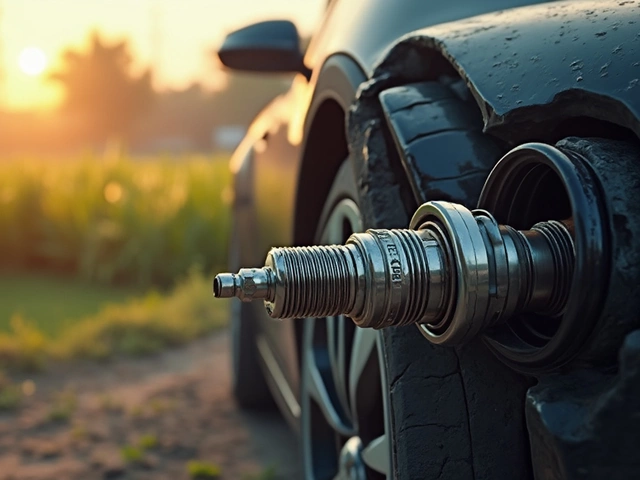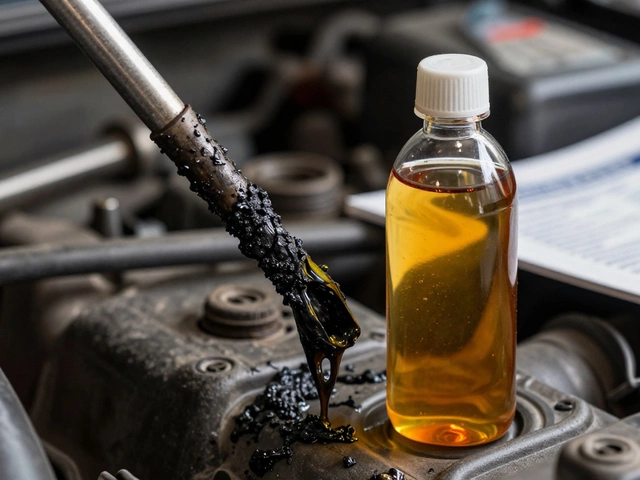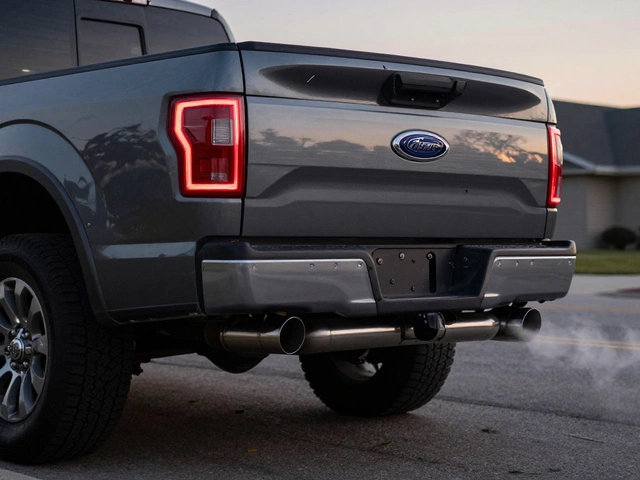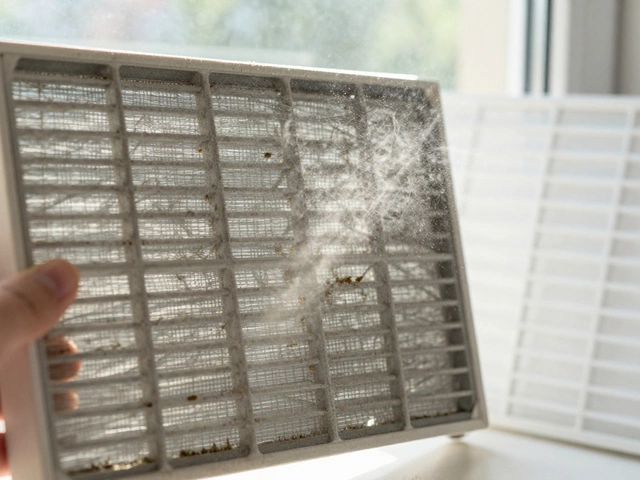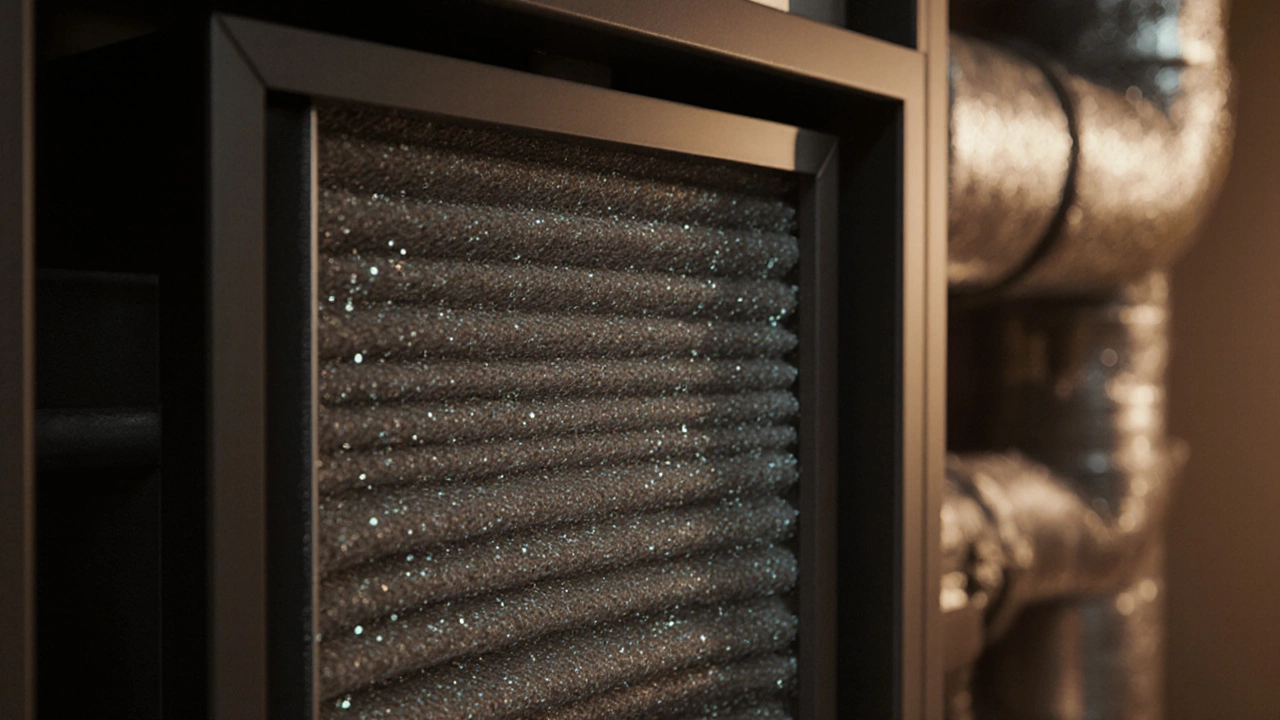
Filter Efficiency: What It Means and Why It Matters for Your Car
When we talk about filter efficiency, how well a filter captures and holds particles like dust, dirt, and pollutants before they enter your engine or cabin. Also known as filtration performance, it’s not just about keeping things clean—it’s about keeping your car alive. A filter with low efficiency lets through gunk that wears out parts faster. A high-efficiency filter? It protects your engine, cuts repair costs, and even improves fuel economy.
Think about your air filter, the first line of defense against airborne debris that enters your engine. If it’s clogged or cheap, your engine struggles to breathe. That means less power, more fuel burned, and longer stop times. Then there’s the cabin air filter, the filter that cleans the air you breathe inside the car. Skip changing it, and you’re breathing in pollen, exhaust fumes, and even mold. Studies show drivers in cities with poor cabin filtration report more headaches and allergies—no joke.
Filter efficiency isn’t one-size-fits-all. A high-MERV filter might sound great, but if it’s too dense for your car’s airflow system, it can strain the blower motor or cause overheating. That’s why OEM specs exist. Your car didn’t come with a generic filter—it came with one designed for its exact airflow needs. Replace it with something that doesn’t match, and you’re gambling with performance.
And it’s not just about engines. Your HVAC maintenance, the routine care of your car’s heating and cooling system depends on clean filters. A dirty cabin filter doesn’t just make the air bad—it makes your AC work harder, which drains the battery faster and raises your electricity bill if you drive an EV. Same goes for the engine’s intake system. Dirty air means more carbon buildup. More carbon buildup means more frequent tune-ups and higher repair bills.
What you’ll find in the posts below aren’t just random articles—they’re real-world stories of what happens when filter efficiency gets ignored. From squealing brakes caused by dust in the brake system to AC units failing because the cabin filter was never changed, these are the problems people didn’t see coming. You’ll see how a $15 filter can save you $1,200 in repairs. You’ll learn how to spot a failing filter before it kills your engine. And you’ll find out why some "premium" filters are just marketing, while others actually deliver.
-
2 Oct

